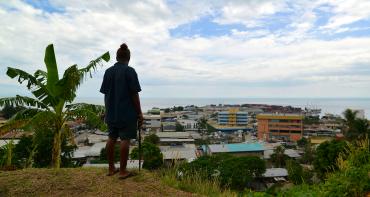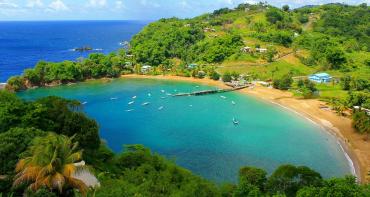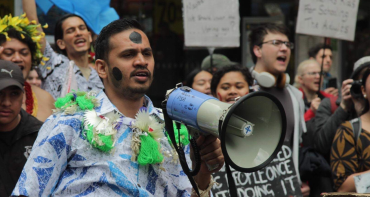Commonwealth ministers and other high-level officials committed to push for a vulnerability index in development financing criteria.

On the heels of the Fourth Global Biennial Conference on Small States in Seychelles, Commonwealth ministers and other high-level officials committed to push for a vulnerability index in development financing criteria.
The Open-ended Ministerial Working Group on Small States agreed today that eligibility for affordable financing should be measured against countries’ vulnerabilities instead of gross domestic product (GDP).
Classified as middle-income countries, small states struggle to access cheaper, more flexible loans, which are allocated according to GDP and usually granted to least developed countries.
Kevin Isaac, St Kitts and Nevis High Commissioner to the UK, reiterated that it is extremely difficult for small states to obtain affordable or concessional financing - longer-term loans given at a lower rate with grace periods for repayment. He said for small states, with fewer resources and vulnerable to economic and environmental shocks, this funding stream is vital.
Echoing his words, Jean-Paul Adam, Seychelles’ Minister of Finance, Trade and the Blue Economy, said: “We will only achieve the Sustainable Development Goals if financing is concessional. To address the financing gap we need to move beyond only assessing countries by their GDP and push for a vulnerability index. We can use the convening power of the Commonwealth to take this forward in other global forums.”
Minister Adam, who was chairing the session, cited the World Bank Small States Forum as a possible space to get traction on the proposal. He said that with a clear strategy the Commonwealth could collectively push for a vulnerability index. He also pointed to the G20, of which five Commonwealth countries are members, as another potential pathway to get this recommendation taken up.
Sustainable management of the blue economy also featured at the top of the group’s agenda. Peya Mushelenga, Namibia’s Deputy Minister of Foreign Affairs, talked about finding better ways to maximise resources from Namibia’s coastline, which spans 1000 kilometres. “We want to learn from Seychelles’ experience to better manage our own blue economy,” he said.
Caron Rohsler, British High Commissioner to Seychelles, recommended a Commonwealth-wide communications campaign to raise awareness about the challenges facing small states. She also suggested involving tourists in advocacy efforts. Informing visitors about environmental and economic threats to their favourite holiday destinations could motivate them, she said, to lobby their governments when they return home.
Opening the session, Commonwealth Deputy Secretary-General Deodat Maharaj pointed to outcomes from the leaders’ summit in Malta last November and important wins for small states: the Small States Centre of Excellence; the Trade Financing Facility; the Green Financing Facility and the Climate Finance Access Hub – concrete and targeted Commonwealth initiatives, he said, that will unlock critical financing and help build resilience.



